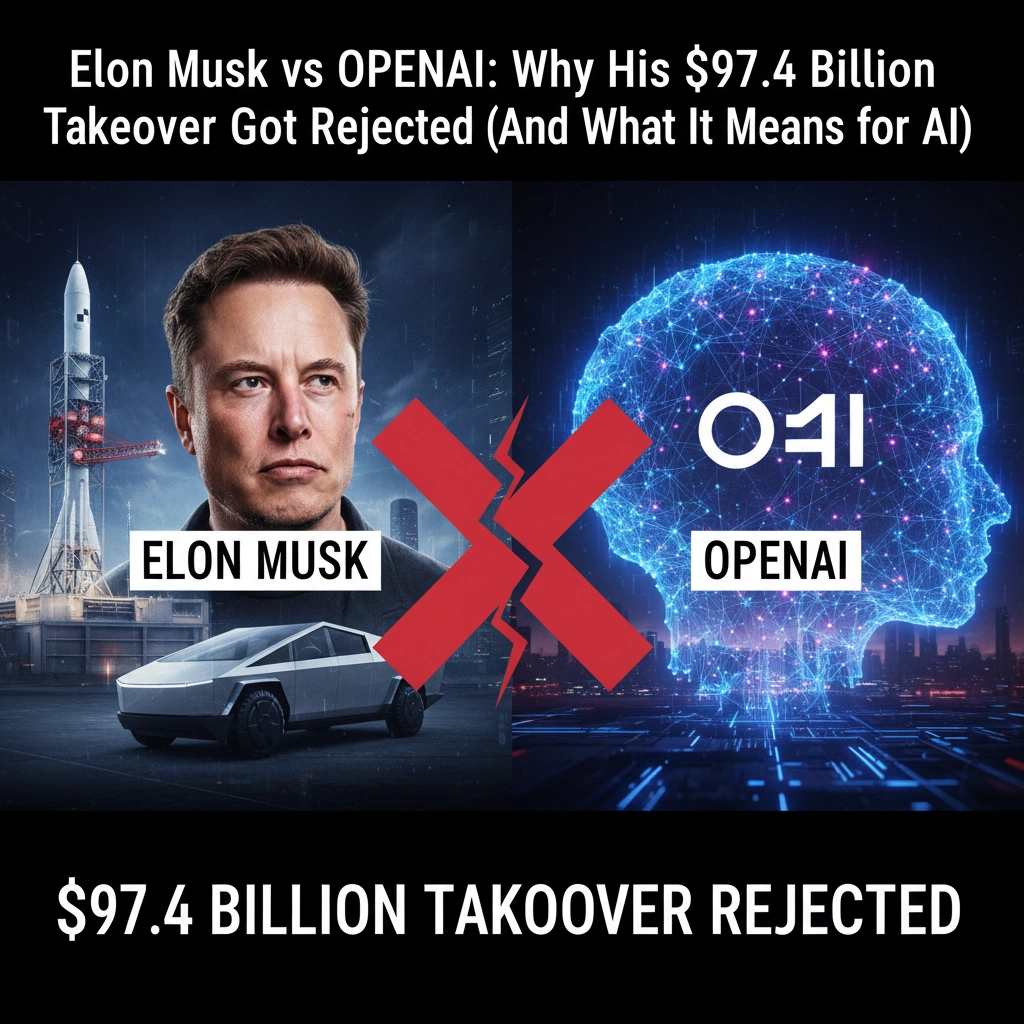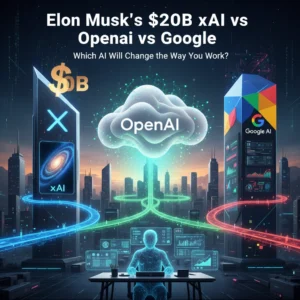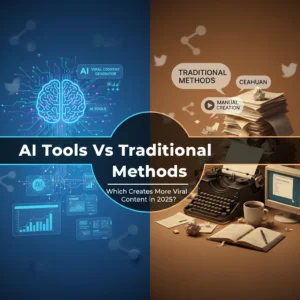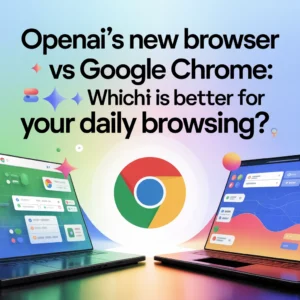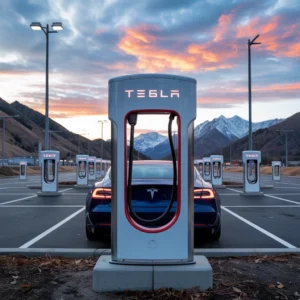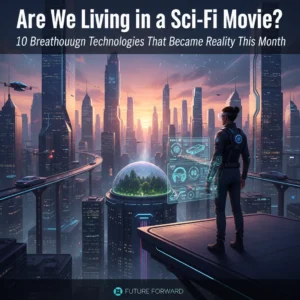Imagine walking into your ex-partner's office and offering to buy their entire company for nearly $100 billion. That's basically what Elon Musk did to OpenAI in February 2025, and got absolutely shut down.
Musk's jaw-dropping $97.4 billion takeover bid for OpenAI wasn't just rejected. It was unanimously rejected by OpenAI's board, with CEO Sam Altman calling it a competitive tactic to "slow us down." But here's the kicker: even though the bid failed, it's created a massive headache for OpenAI that could reshape the entire AI industry.
The Board Said "Absolutely Not"

OpenAI's board didn't just say no, they said hell no. Board chairman Bret Taylor fired back with a formal letter stating the proposal "is not in the best interests of OAI's mission and is rejected." The decision was unanimous, which in corporate speak means "not a single person thought this was a good idea."
But the rejection went deeper than just turning down money. The board questioned whether Musk's offer was even real. After Musk's lawyers started adding "new material conditions" to the proposal, OpenAI concluded that the "much-publicized 'bid' is in fact not a bid at all."
Think about it like this: you offer to buy your friend's car, then start adding conditions like "but only if you stop driving forever." That's not really an offer, that's manipulation.
The timing made it worse. OpenAI is currently restructuring from its nonprofit roots into a for-profit company, and Musk specifically targeted the nonprofit entity that controls everything. His lawyers even said he'd withdraw the offer if OpenAI abandoned its for-profit conversion plans. Classic power move.
The Real Drama: It's Personal

This isn't just business, it's personal. Musk co-founded OpenAI a decade ago, then left to start his own AI company, xAI. Now he's suing OpenAI twice, claiming they abandoned their original nonprofit mission. His takeover bid? Just another weapon in an increasingly messy corporate war.
Here's what's really happening behind the scenes:
• Musk claims he wants to "return OpenAI to its nonprofit roots"
• Critics say he's trying to kneecap his biggest AI competitor
• He's filed lawsuits to block OpenAI's restructuring efforts
• His xAI company directly competes with OpenAI's ChatGPT
• The timing of his bid disrupts OpenAI's funding plans
Musk publicly says he wants to ensure "artificial general intelligence benefits all of humanity." But let's be real, would you trust your biggest competitor to run your business better than you?
A friend of mine who works in tech venture capital put it perfectly: "It's like your ex offering to take care of your dog while you're on vacation. Sure, they say they love the dog, but you know they're really just trying to mess with your head."
The $97.4 Billion Problem

Even though OpenAI rejected the bid, Musk created a massive financial headache. The company is currently raising funds at a potential $300 billion valuation with SoftBank. But here's the catch: Musk's offer just set a new floor for how much the nonprofit portion is worth.
Before Musk's bid, OpenAI planned to compensate its nonprofit with about $40 billion in equity during the restructuring. Now that Musk's publicly valued it at nearly $100 billion, legal experts say OpenAI's board might be legally required to demand at least that much, or something close to it.
Stanford Law School's Robert Bartlett explains it best: while "OpenAI's board is on perfectly solid footing to say no to Musk's bid," they can't ignore what it means for properly valuing the nonprofit's assets.
This creates a nightmare scenario for CEO Sam Altman. He's trying to balance investor demands for full for-profit conversion while the nonprofit board has a legal duty to maximize value for its mission. If they assign a higher value to the nonprofit stake, it dilutes everyone else's equity.
What This Means for AI's Future

This drama highlights the biggest tension in AI development right now: balancing humanity's interests with the massive capital needed to build superintelligent systems. OpenAI started as a nonprofit promising to ensure AGI benefits everyone. Now it needs billions in funding to compete with tech giants.
Musk's rejected bid won't stop OpenAI, but it's complicated everything. The company still plans to restructure, raise funding, and continue developing AI. But now they're doing it while fighting lawsuits, defending their mission, and dealing with a valuation mess that could affect future investors.
The broader AI industry is watching closely. Other companies with nonprofit governance structures are taking notes on how to handle transitions to for-profit models without getting sued by their own co-founders.
Here's what's likely to happen next: OpenAI will continue its restructuring, probably paying more to the nonprofit than originally planned. Musk will keep fighting through the courts and public relations. And the rest of us will watch two of the most powerful people in AI duke it out while the future of artificial intelligence hangs in the balance.
The real question is: in this high-stakes game between billionaires, who's actually looking out for the rest of us?

